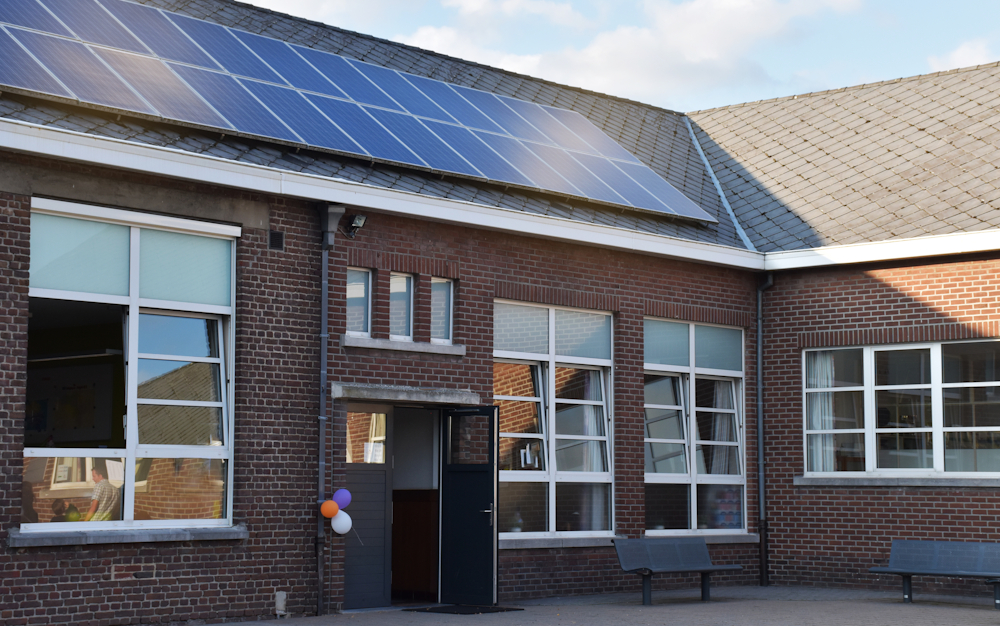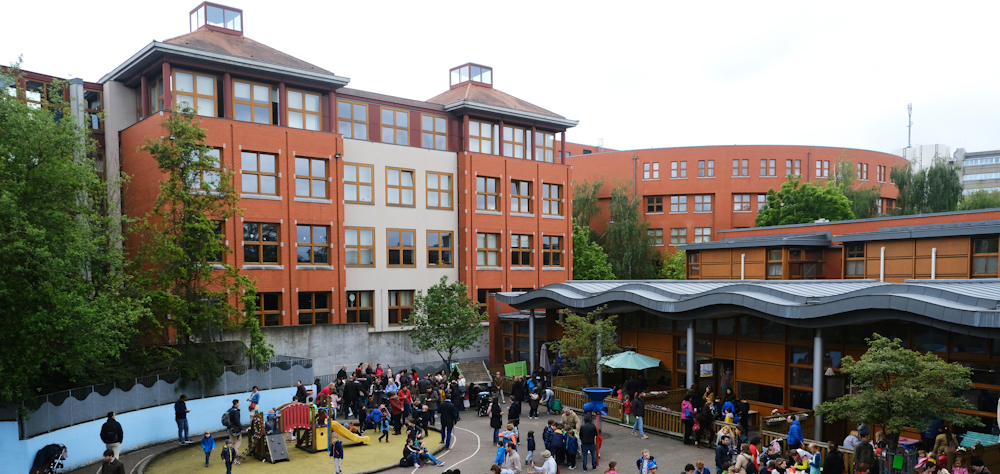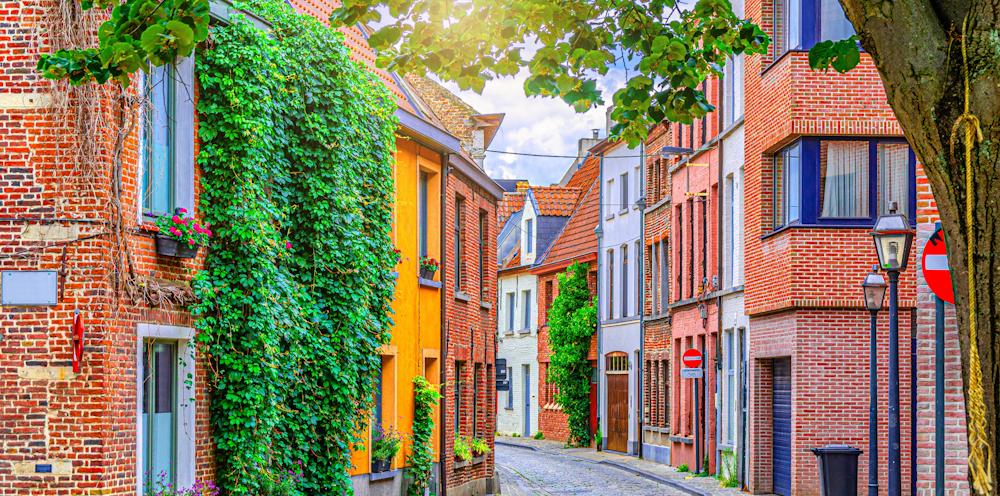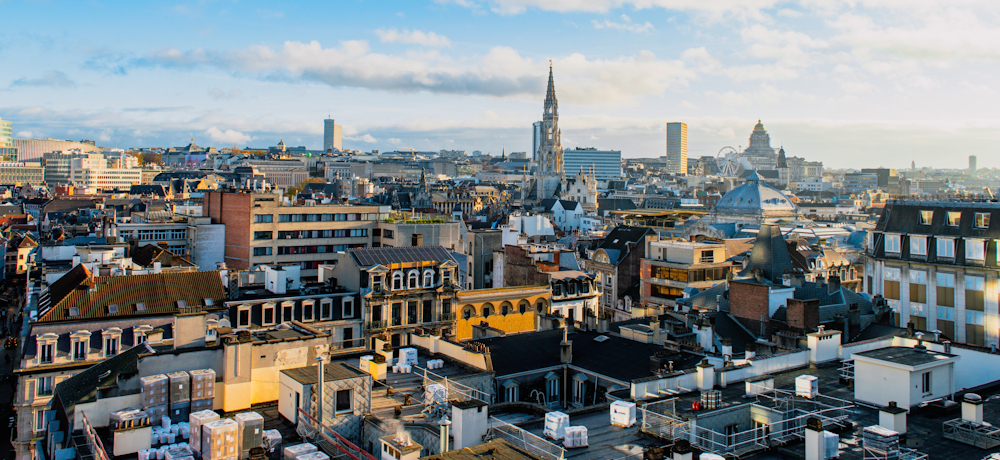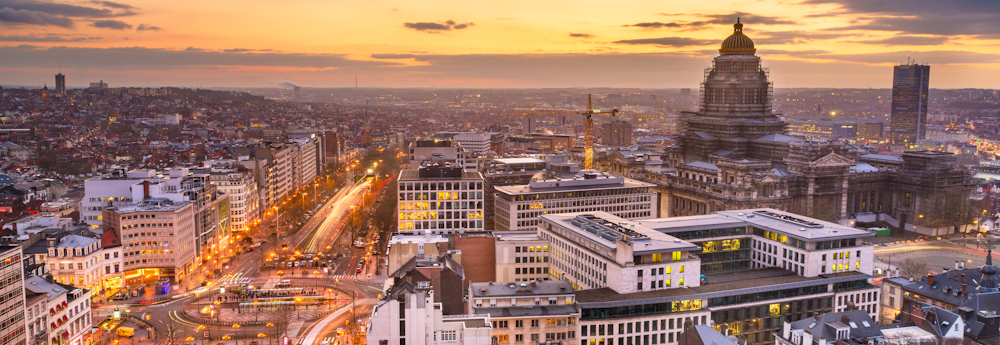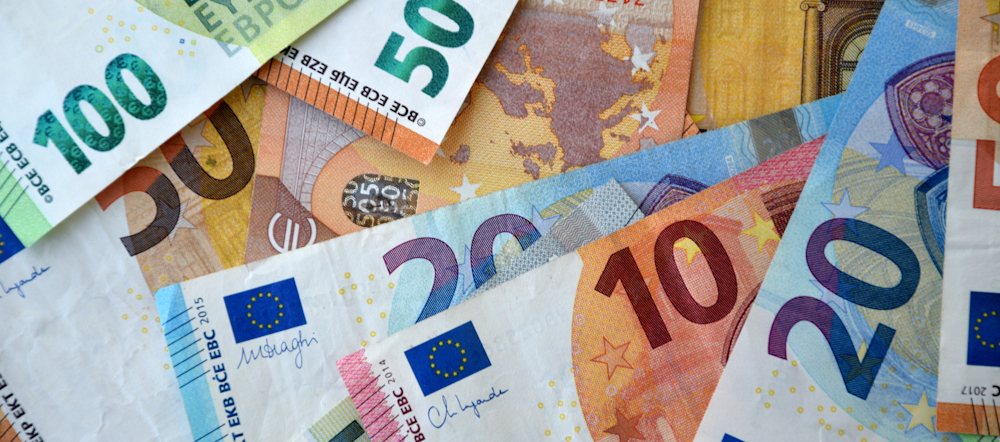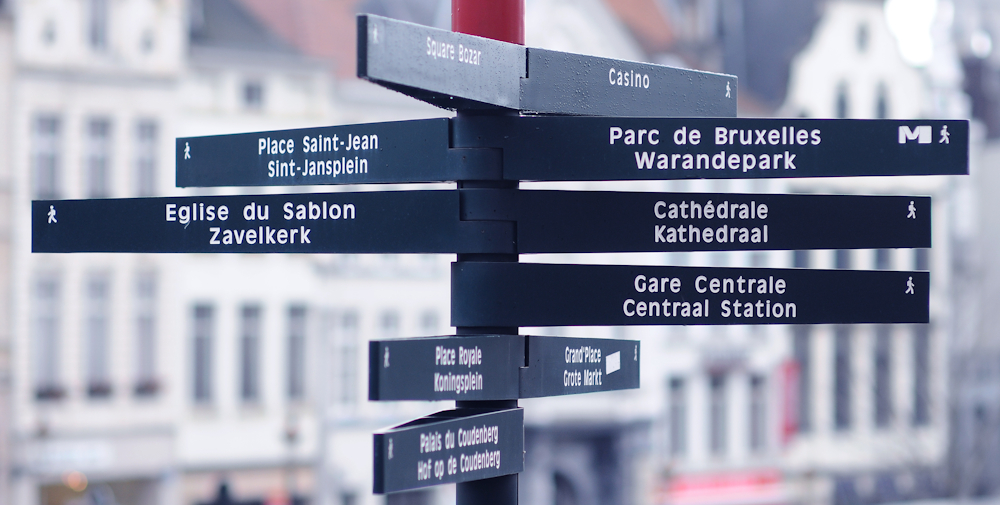Belgium is home to a rich and exciting mix of cultures, and foreigners from all over the globe are drawn to this European hub. Read on to learn more about diversity and inclusion in Belgium.
Accessibility in Belgium
Belgium aims to help disabled people live independently and participate fully in all aspects of life, and various laws address direct and indirect discrimination. Public funding is available to support employers with wage subsidies if they hire disabled workers with reduced productivity.
Cities like Brussels, Antwerp, and Ghent work hard to ensure they are accessible to everyone. Many shops, hotels, restaurants, museums, and cultural sites have been adapted to help people with reduced mobility. Buses, trams, and trains are accessible to those using wheelchairs, and there are tactile paving and audible signals at pedestrian crossings. There are dropped curbs on pavements, although many of the streets in these ancient cities are surfaced with cobblestones, making journeys a little shaky. Wheelchair taxis are available.
Useful resources
- Slim naar Antwerpen: Accessible Antwerp Guide
- Visit Brussels: Accessibility Information
- Visit Ghent: Accessibility Information
LGBTQ+ in Belgium
Belgium is considered one of the most LGBTQ+-friendly countries in Europe. There are laws that prevent discrimination based on gender identity and sexual orientation, and same sex activity has been legal since 1795. In 2003, Belgium became the second country in the world to legalise same-sex marriage.
Polls indicate that most Belgians support same-sex marriage and adoption rights. People identifying as a gender other than the one they were assigned at birth can change their legal gender by submitting a statement attesting to this – medical intervention is not required.
The LGBTQ+ community is accepted and well integrated within Belgian society. In Brussels, the main gay scene is located behind the Grand Place, the central square in the city. There are also vibrant and open gay scenes in Antwerp, Ghent and other Belgian cities, and each has bars and clubs that are favoured by the local LGBTQ+ community.
Useful resources
Gender equality in Belgium
The Belgian Constitution explicitly affirms equality between men and women. Belgium ranks 5th in the EU on the EIGE’s Gender Equality Index for 2024, putting it towards the top of the group of 27 countries.
While the overall picture is positive, the country’s ranking is brought down by factors such as low employment levels among women and occupational segregation by gender. On the upside, Belgium’s government has the second-highest presence of women in the EU, with 55 percent of the country’s ministers being female.
Useful resources
Women in leadership in Belgium
Although women are frequently recruited at lower levels, they are increasingly underrepresented at each rung of the management level. Nine out of 10 CEOs in Belgium are male.
The federal and regional governments have taken steps to redress the balance – quotas were introduced in 2018, stipulating that 33 percent of positions on corporate boards must be filled by women. All companies with 50 or more workers need to report their pay data no less than every two years.
Mental health awareness in Belgium
Expats can be at greater risk of mental health issues than the general population. They are especially at risk for depression and anxiety-related conditions, exacerbated by the stress and loneliness of relocation. Fortunately for expats moving to Belgium, there is an extensive range of mental health services, both private and publicly funded.
Most international companies have policies in place to provide support for employees with mental health issues. Mental illness is usually covered by the company’s chosen employee healthcare schemes, although this is worth checking.
Belgium focuses on providing community-based mental health support, which is proven to be more effective than hospital treatment, and reduces the stigma attached to mental health issues. Regional governments provide psychiatric and psychological consultations through Mental Health Care Centres (MHCC). The Brussels-based Community Health Service (CHS) is a nonprofit organisation that offers mental health support for the international community in several languages.
It’s possible to make appointments directly with a mental healthcare professional without a referral from a GP. Only a GP or a psychiatrist can provide prescriptions for medication.
Useful resources
Unconscious bias training in Belgium
Unconscious bias is an implicit set of often stereotyped ideas an individual carries about groups of people different to themselves. These develop subtly over time and often go unnoticed. People are most likely to hold unconscious biases about groups they never or rarely come into contact with. These preconceptions are largely negative and tend to be based on assumptions and stereotypes.
Belgium is no exception, and employers are likely to employ their own nationals and nationals of other EU countries over foreigners, even if they are otherwise qualified for the job. Unconscious bias can profoundly affect both personal and work conditions.
In the workplace, unchecked bias undermines vital aspects of the company, negatively impacting employee performance, retention, and recruitment. In a bid to create a better work environment, many companies are beginning to institute unconscious bias training. There are also several online resources that can be used to improve self-awareness regarding bias.
Useful resources
Diversification in the workplace in Belgium
Belgium, and Brussels in particular, is one of the most culturally diverse places in the world. Expats living in the city will hear as many languages as in London or Paris, whether taking the metro, standing at the school gate, or doing grocery shopping. Despite the considerable diversity, most of the international community stays within their own expat bubbles, with little contact with local Belgians.
In 2024, over 1.6 million people living in Belgium were foreign nationals. Many of these are EU nationals due to the country’s location and its role as home to a large number of EU institutions. Almost one-third of foreigners in Belgium are of African origin.
Safety in Brussels
Belgium is safe by international standards, although petty crime is higher in the capital Brussels than in the smaller Flemish cities of Antwerp, Bruges and Ghent. People moving to Brussels should take the same sensible precautions that they would in New York or Berlin.
Public transport is generally safe, but there is a high risk of pickpocketing in crowded trains and stations. Taxis are considered safe, although there is a risk of being overcharged by unlicensed cabs. Some areas of Brussels should be avoided at night, including Anneessens, Anderlecht, Brussels North, Molenbeek, Saint Josse and Schaerbeek.
Useful resources
Calendar initiatives in Belgium
January – Gay and Lesbian Film Festival
4 February – World Cancer Day
8 March – International Women’s Day
March – TB Awareness Month
April – Stress Awareness Month
1 May – Labour Day
19 May – Global Accessibility Awareness Day
May – Gay Pride
June – Pride month
10 September – World Suicide Prevention Day
October – Breast Cancer Awareness Month
10 October –World Mental Health Day
14 November – World Diabetes Day
November – Men’s Health Month (’Movember’)
1 December – World AIDS Day
